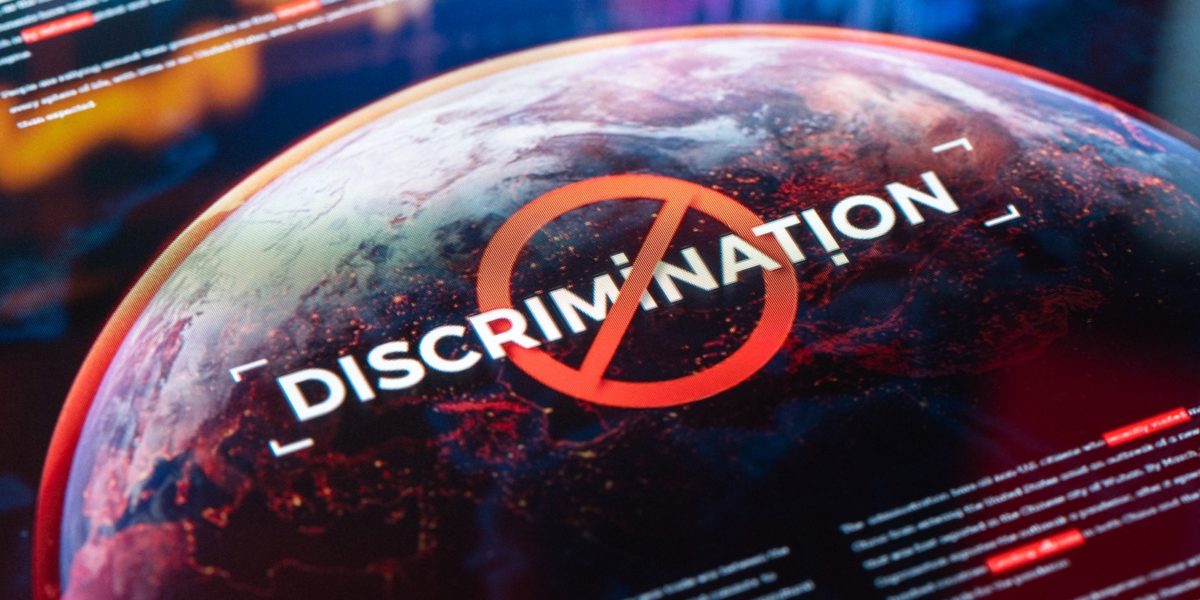The UK’s Centre for Data Ethics and Innovation (CDEI) has published its Review into bias in algorithmic decision-making, calling for “active steps to anticipate risks and measure outcomes” and highlighting “the urgent need for the world to do better in using algorithms in the right way: to promote fairness, not undermine it”.
The CDEI notes that an “explosion in the volumes of available data” and “the increasing sophistication and accessibility of machine learning algorithms” may enable unprecedented opportunities to detect and measure bias. But it also recognises that bias may worsen, noting that “new forms of decision-making have surfaced numerous examples where algorithms have entrenched or amplified historic biases; or even created new forms of bias or unfairness.”
The key overarching recommendations are that:
- “Organisational leaders need to be clear that they retain accountability for decisions made by their organisations, regardless of whether an algorithm or a team of humans is making those decisions on a day-to-day basis.”
- “Senior decision-makers in organisations need to engage with understanding the trade-offs inherent in introducing an algorithm. They should expect and demand sufficient explainability of how an algorithm works so that they can make informed decisions on how to balance risks and opportunities as they deploy it into a decision-making process.”
- “Regulators and industry bodies need to work together with wider society to agree best practice within their industry and establish … clear standards for anticipating and monitoring bias, for auditing algorithms and for addressing problems.”
- “Fundamental decisions about what is fair cannot be left to data scientists alone. They are decisions that can only be truly legitimate if society agrees and accepts them.”
In short, bias in AI needs action by companies’ leaders and senior decision-makers, regulators and Parliament.
For a discussion of the Review’s findings on the thorny issue of AI, bias and recruitment, see this post by my colleague and employment law expert, Jonathan Chamberlain.
About the author(s)
Gowling WLG is an international law firm operating across an array of different sectors and services. Our LoupedIn blog aims to give readers industry insight, technical knowledge and thoughtful observations on the legal landscape and beyond.

